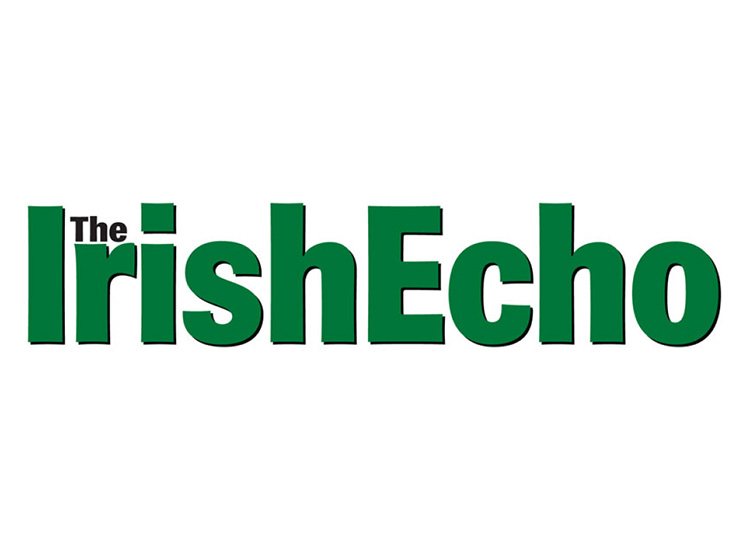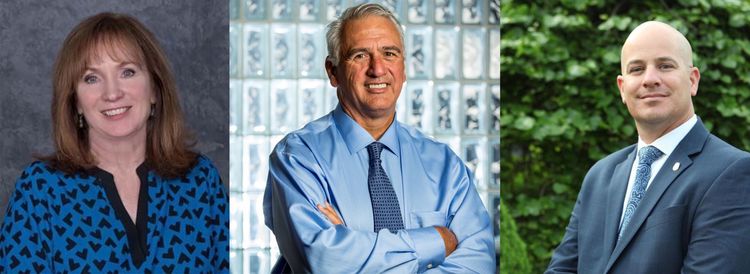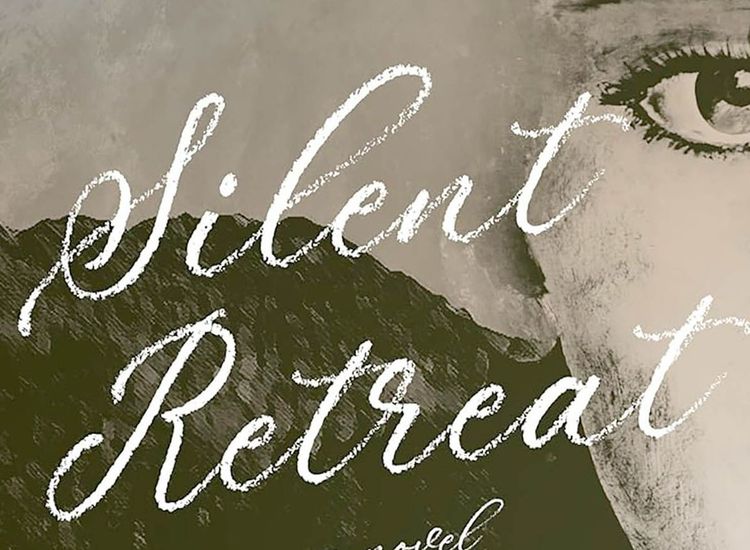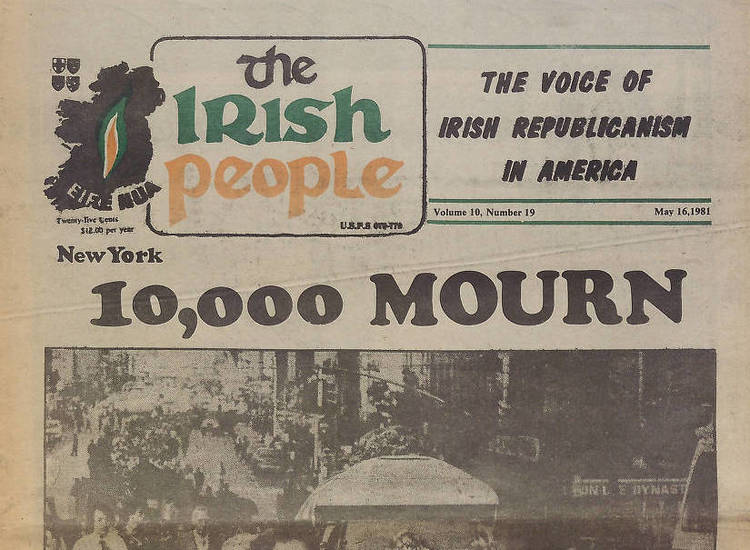Twins Alba, seated left, and Anastasia Somoza, with their mother Mary behind her, personal-care aides Barbara Henderson and Nicola Swinehart, and former President Bill Clinton.
By Peter McDermott
Anastasia Somoza has made a pledge.
It is that she will be a “dedicated and hardworking student, and, as a graduate…go out into the world at large and help improve conditions for others like myself.”
Usually, when a person gets a full scholarship to do a Masters degree in a world-renowned institution like the London School of Economics, he or she doesn’t feel the need to say or promise anything.
“They would just go,” said her mother, Dublin-born advocate Mary Somoza.
But her 28-year-old daughter, who was born with cerebral palsy, will need three community service volunteers, working in shifts, to help her with the basic daily tasks that the able-bodied take for granted – such as getting up and going to bed, dressing and showering, and food shopping. CSVs are paid a wage and under British labor laws are only allowed to work a certain number of hours (and indeed four are recommended).
When Anastasia Somoza was an undergraduate at Georgetown University studying political science, she had the help of her personal-care aide. However, Medicaid rules forbade her taking her aide abroad and in 2011 she had to defer her scholarship for a year.
She has had a fundraising target of $50,000, needed for the first of the two academic years. So far, her family – which also includes her twin Alba, father Gerardo, a professional photographer, older brother Oliver and younger sister Gabriella – and their friends have raised $46,000. And so, she is going to London on Sept. 26. Once the first $50,000 is reached, they will begin raising the same sum for the 2013-14 academic year.
Like many graduates, she volunteered and did internships, but found no full-time work. So, she decided that she would do a postgraduate degree. “That was one of the motivators. But I always knew I would go to graduate school,” she said. “I thought about law school.”
She volunteered with Hillary Clinton’s campaign during the Democratic primaries and subsequently did some work with the Clinton Foundation. That was a turning point. “I started to question whether law school was the right path,” she said.
Somoza decided to follow her “passion” -- to study human rights, inspired by her mother’s work on behalf of the disabled and their parents.
She has written: “Throughout my life, my mother has had to fight to get an education for me and for my twin sister Alba, who is also significantly disabled with cerebral palsy. The greatest battle was with the public schools, where we fought to attend regular classes rather than be relegated to special-education classes, which at that time amounted to little more than warehousing for students with special needs.”
Said Mary Somoza: “Alba was the first severely disabled child to be fully integrated in the New York City public schools system - she is a quadriplegic, non-verbal, cannot use her hands or walk, and uses a communication device to speak.
“My twins had different levels of cerebral palsy, both were significantly disabled but very smart. I knew that, but getting the schools to believe that was a huge challenge.”
Two decades on, one twin is off to the LSE. “It’s always been a dream of mine to live and study abroad,” Anastasia Somoza said.
She inherited the travel bug from parents who met when working in Spain as young adults. Both were immigrants. Mary Mooney had left Ireland at age 7 with her mother and father to seek work in Birmingham in England; Gerardo Somoza’s family had taken him to the United States from Nicaragua when he was 12.
In 2007, Anastasia Somoza went to her father’s homeland with her sister Gabriella, now a 24-year-old graduate of Carnegie Mellon University. That developing nation doesn’t have many buildings designed to be wheelchair accessible, but whenever that was an issue, said her mother, “five men would materialize out of nowhere” to lift her. “People were incredible,” she added.
Her daughter has already influenced the London School of Economics’ accessibility policies. That was preceded, however, by a false start to her postgraduate career last year. Two days before Somoza was due to fly out, the Hell’s Kitchen, Manhattan-based family learned from the Department of Health and Human Services that she would not get a waiver allowing her to bring her aide. A friend offered to pay for a replacement for two months. “An aide came to help me, but it did not work out and she returned abruptly to the U.S,” she said. But some good came out of the experience, she added, as she’d won the support of an emeritus member of the LSE’s board of governors, who successfully sought changes in its codes.
Other supporters are screen actor Chris Cooper and “Sopranos” star Marianne Leone Cooper whose late son Jesse had cerebral palsy. Both appear on her behalf in an 11-minute video initially featured on the fundraising site Indiegogo.com (which became famous recently for the $700,000 raised on behalf of the Greece, N.Y., bus monitor who was verbally abused by students on a school bus). Mary Somoza reports that most of the $46,000 was raised thanks to two fund-raising rounds on that site. “It’s just amazing,” she said of people’s generosity.
Marianne Leone Cooper says on the video: “She [Anastasia] is a force of nature. She’s her mother’s daughter. She’s going to change the world. You can be part of that.”
Since last year, mother and daughter have worked on legislation that would allow students accepted by an institution of higher learning to take their aide with them – just a “small step,” in their view, that would help such people in their struggle to live full and productive lives.
Meanwhile, Anastasia Somoza is looking forward to living in another culture, meeting new people and getting the perspectives of a new group of professors. “When I left Georgetown I was happy to be out of school and to experience new things,” she said. “Now I’m at a different place. I’m excited about studying again.
“It’s an honor to study at an institution that is held in such high regard by people,” Somoza said. “It will broaden my horizons.”
Go to http://vimeo.com/41449466 to hear Anastasia Somoza tell her story (and also click on “other videos” for related information). Readers can help by donating checks to Mary Somoza (made payable to M. Somoza), c/o Irish Echo, Suite 500, 11 Hanover Sq., NY, NY 10005. For safe delivery, ensure the newspaper’s name is on the envelope.









